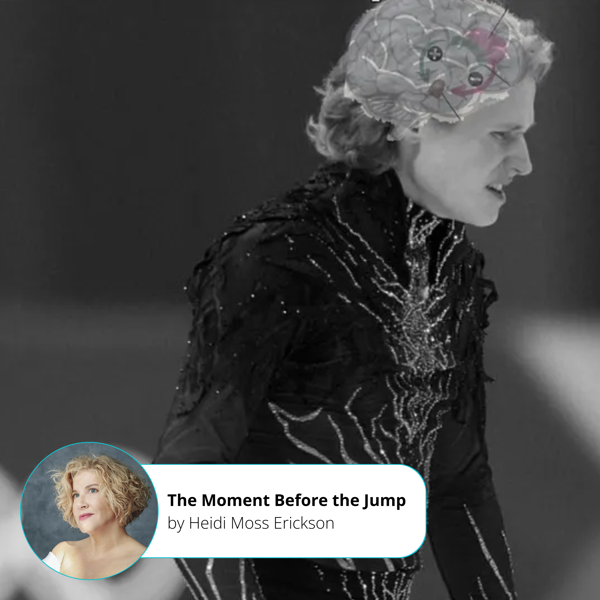Course Review: Vocal Health in Children and Young People with Olivia Sparkhall
Monday 25th September 2023Olivia Sparkhall’s two-hour course drew considerably on her book – ‘A Young Person’s Guide to Vocal Health’ – which was published in 2022. She started off by pondering questions around young voices, sharing examples of some she has been asked in the past such as “is it OK to drink coffee?” and “why is it hard to sing after swallowing?”
Olivia explored reasons that children may have dysphonia (a voice disorder); these include persistent dehydration, a result of another medical condition (e.g. thyroid problems), recovery from a cold or cough, and even family circumstances (e.g. younger children in larger families overuse their voice while struggling to be heard). It was stated that up to a third of all primary school children may suffer from some kind of voice disorder.
Olivia shared a practical exercise useful for locating or discovering the larynx and went on to discuss how a baby’s larynx will start higher up before moving gradually down the neck to the adult position as it grows up. This is why babies seem to have much more efficient voice production. She gave advice for young voice (primary school children) which included ‘avoiding the extremes’ (e.g. sustained high notes, long phrases), setting realistic expectations, and improving habits during playground activity and sport (i.e. not using voice while exerting effort). A second practical exercise involved the participants in standing positions for singing while Olivia advised the correct posture for young people (as misalignment can lead to strain).
The next part of the course looked at changes during puberty such as the voice being harder to control, a change in voice quality, hoarseness or husky-sounding voice, potential discomfort when producing sound, and the range becoming narrower. This was then split into specific girls’ changes, followed by specific boys’ changes, including variations in larynx growth. There was also a discussion of pre-menstrual changes in girls, for example the voice being weaker than normal and the voice getting tired quickly.
Olivia stressed the importance of good, consistent long-term hydration and a good, healthy diet. Participants were asked to note down anything they’ve told that is bad for the voice, and several myths were dispelled, including that milk needs to be avoided before singing. She went on to list foods and drinks that are commonly warned against (e.g. chocolate, acidic fruits, fizzy drinks) but advised that bodily reactions vary from person to person, and that research shows no correlations to be alarmed by.
After a quick Q&A, the second half of the session began by exploring performance anxiety, with symptoms including a high heart rate, tense muscles and a dry mouth. This is important as it can often be overlooked in large groups and can even lead to muscle tension dysphonia (MTD) if continuing long-term. Olivia demonstrated a very useful distraction technique for children which involved self-massage of different areas of the jaw and neck.
Risky behaviours in adolescents were next to be discussed as we can’t assume that the child will always know the negative effects of all of the things they are doing. Olivia went through drinking alcohol, smoking tobacco, recreational drug use, and even vaping, and explained the potential harm that each of these activities can cause vocally. She also touched briefly on eating disorders, teeth braces and the contraceptive pill.
The remainder of the course was set aside for advice on ‘staying well’, and recommendations included good hydration, sleeping and exercising well, avoiding germs (particularly through sharing things), and avoiding habitual throat clearing (encouraging deep swallowing instead). Olivia also demonstrated a vocal recovery exercise (‘puffy cheeks exercise’), before concluding with a helpful flowchart from her book for use in self-diagnosis of children’s vocal issues.




